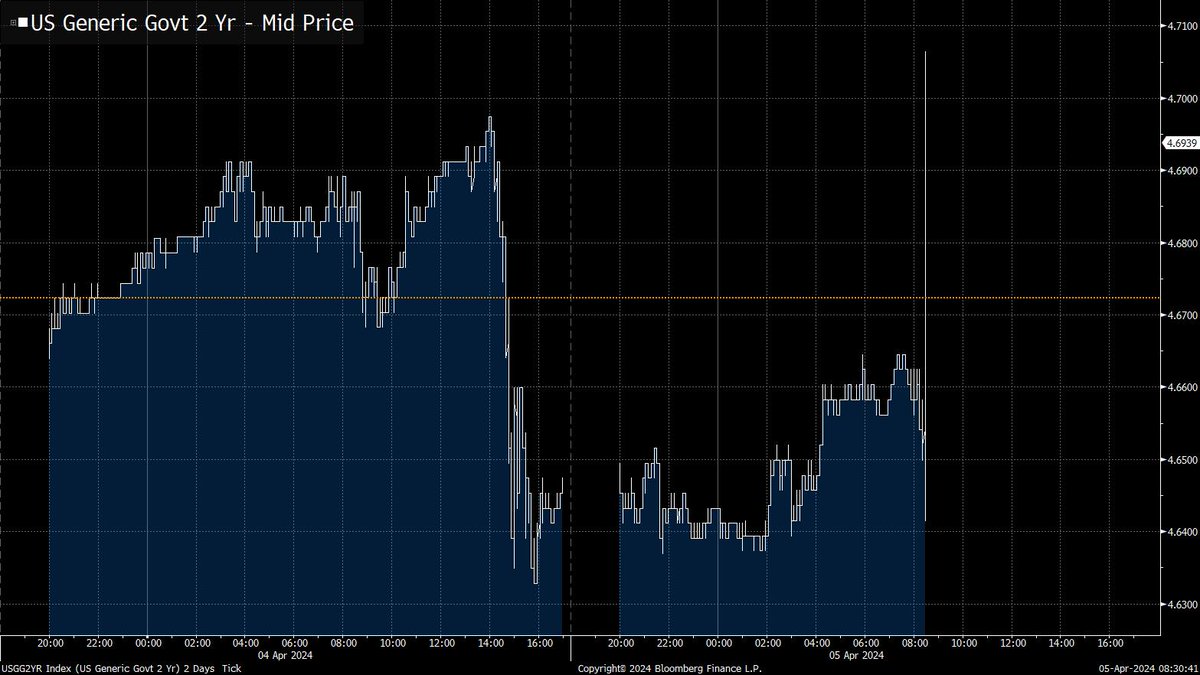BREAKING:
BIG MISS ON UNEMPLOYMENT. UNEMPLOYMENT RISES TO 4.3%
JUST 114K NEW JOBS
Economists had expected 175K jobs and an unemployment rate of 4.1%.
bloomberg.com/news/live-blog…
BIG MISS ON UNEMPLOYMENT. UNEMPLOYMENT RISES TO 4.3%
JUST 114K NEW JOBS
Economists had expected 175K jobs and an unemployment rate of 4.1%.
bloomberg.com/news/live-blog…
Last two months revised downward by 29K
Average hourly earnings grow just 0.2%
U6 Underemployment rises to 7.8% from 7.4%
Average Weekly Hours falls to 34.2
Average hourly earnings grow just 0.2%
U6 Underemployment rises to 7.8% from 7.4%
Average Weekly Hours falls to 34.2
Also credit to Neil Dutta of @RenMacLLC who was warning about this risk a month and a half ago podcasts.apple.com/us/podcast/lot…
"The number of unemployed people increased by 352,000 to 7.2 million"
• • •
Missing some Tweet in this thread? You can try to
force a refresh






















